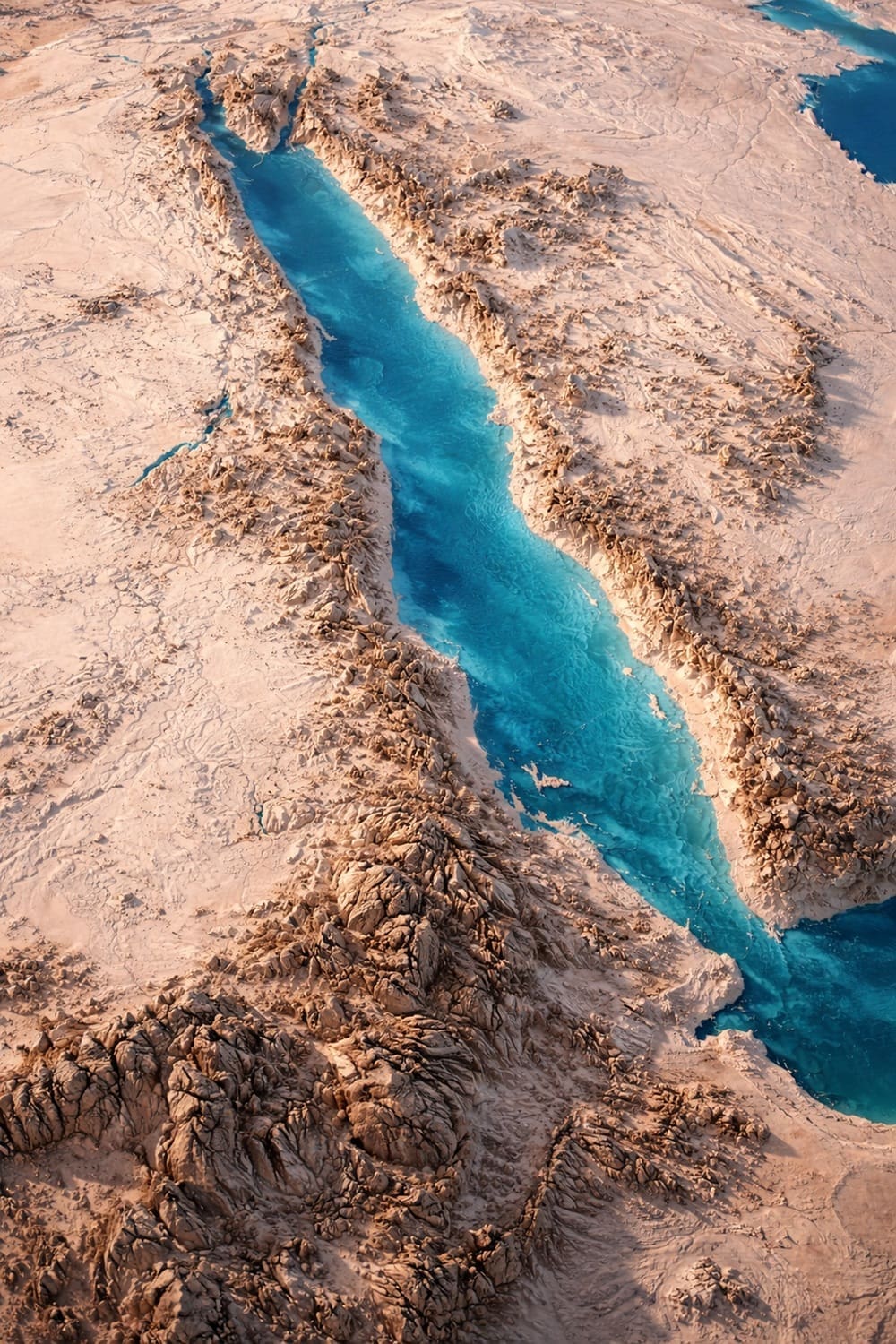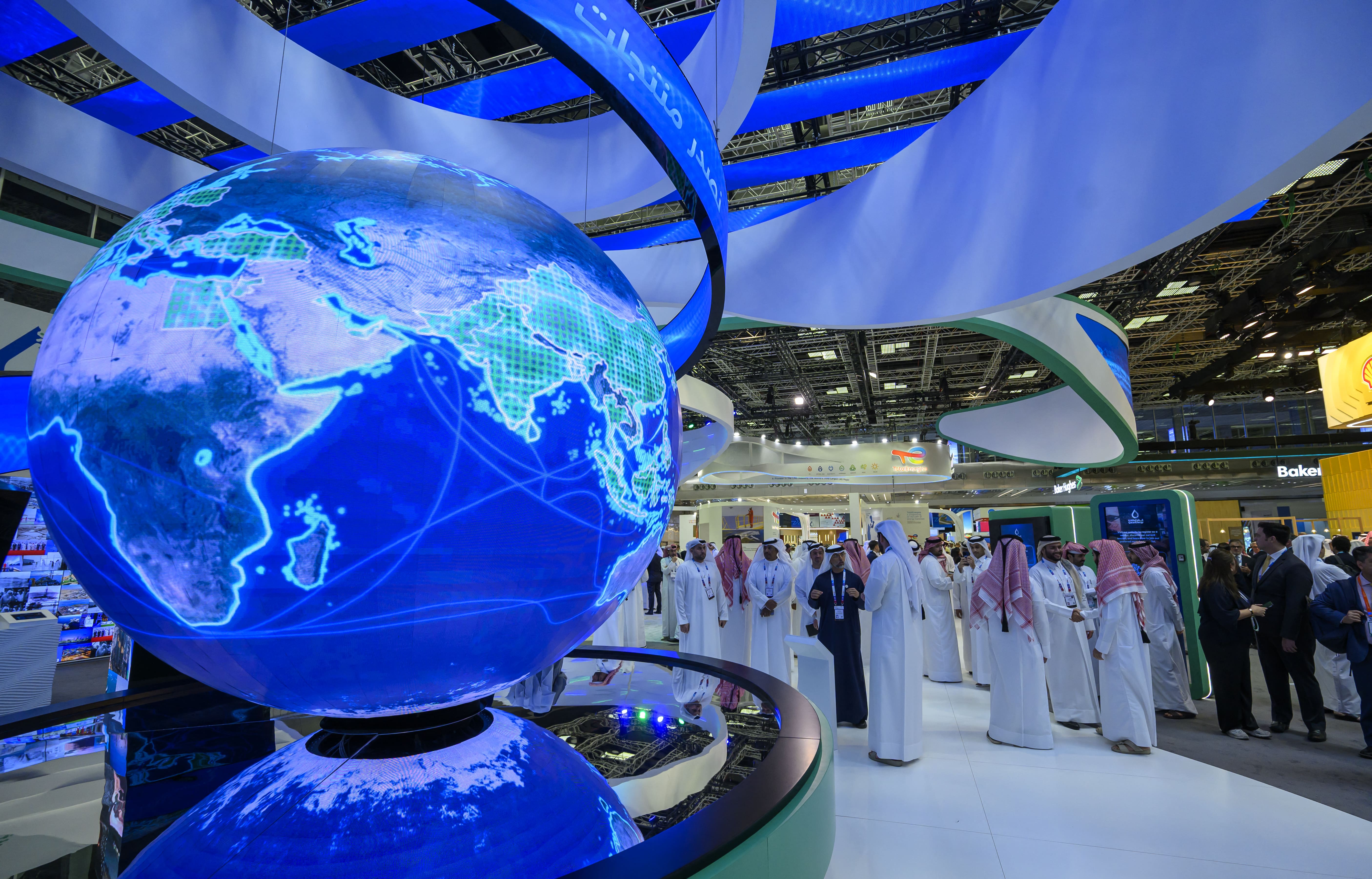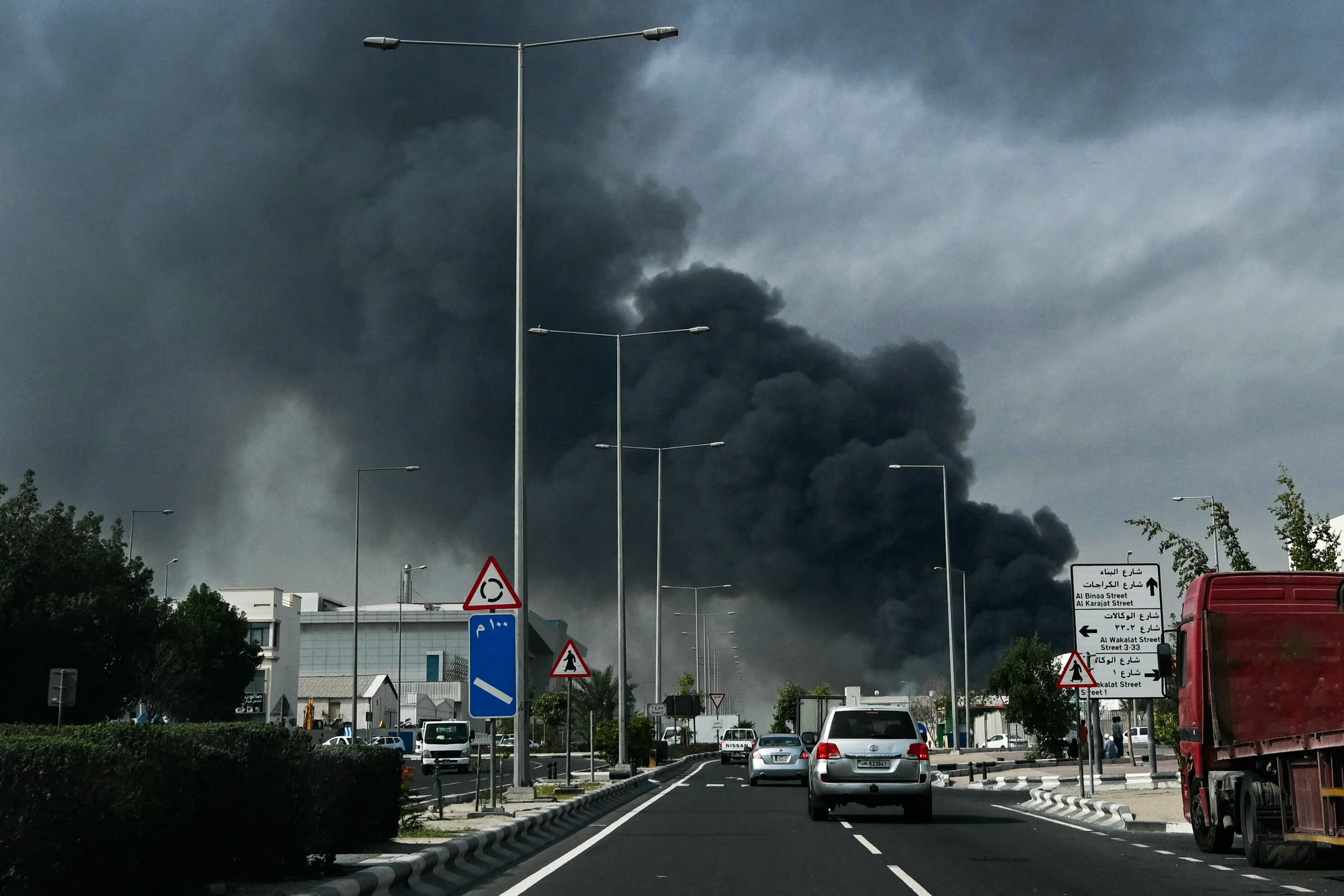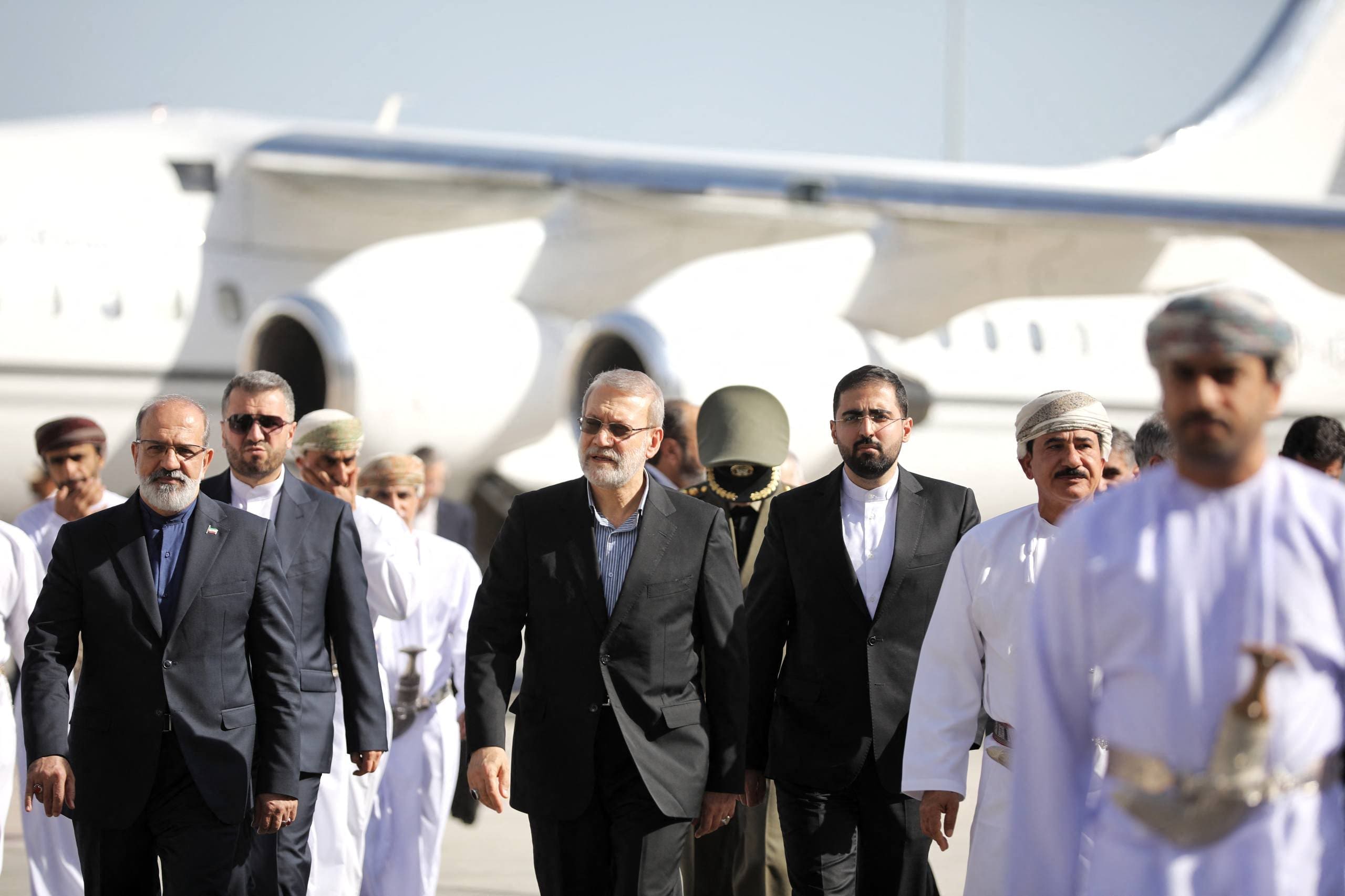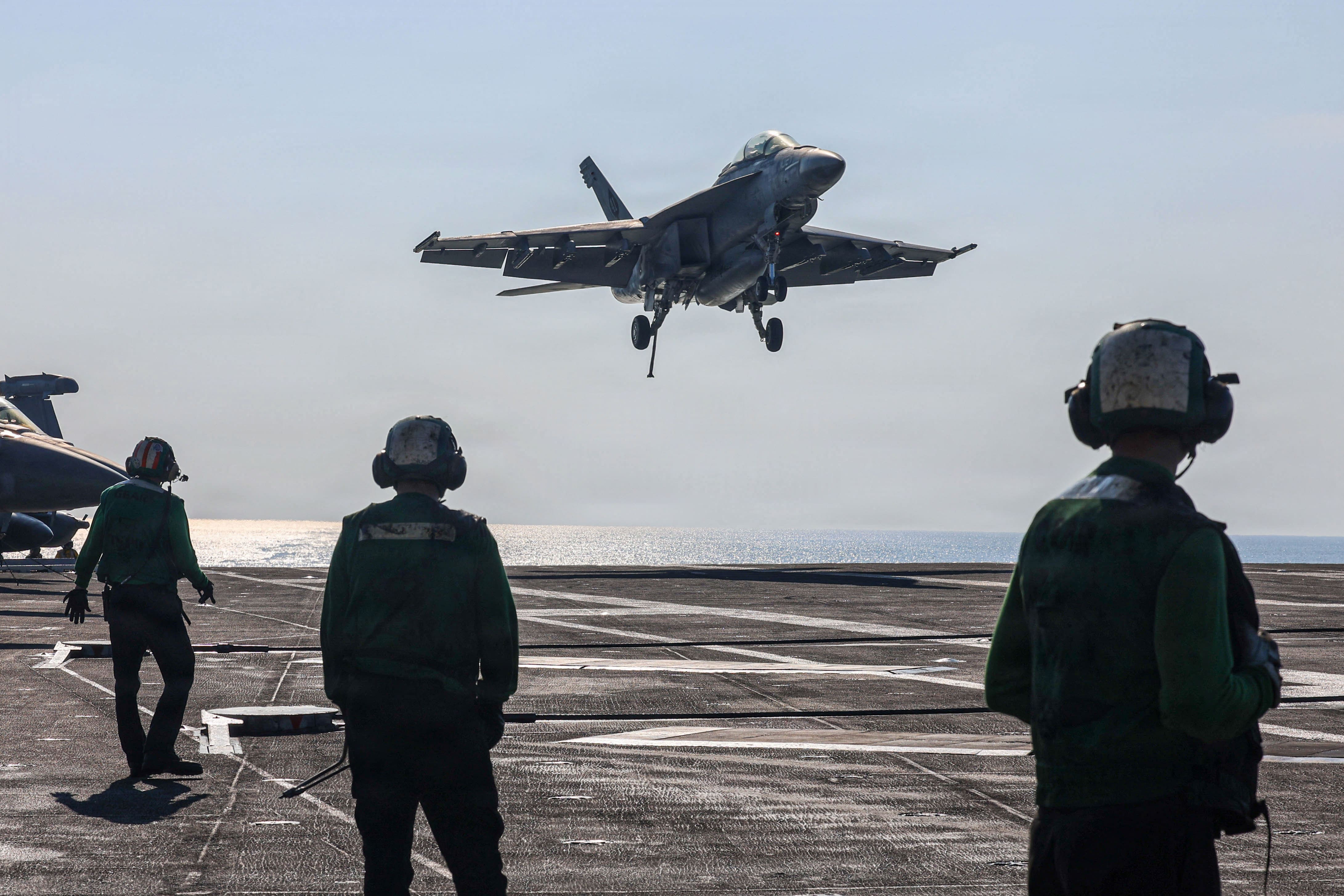Recent
Publications
view more

ME Council expert analysis on Saudi-Iran rapprochement, the GCC’s response to the June 2025 war, and Tehran’s push for strategic de-escalation.
learn more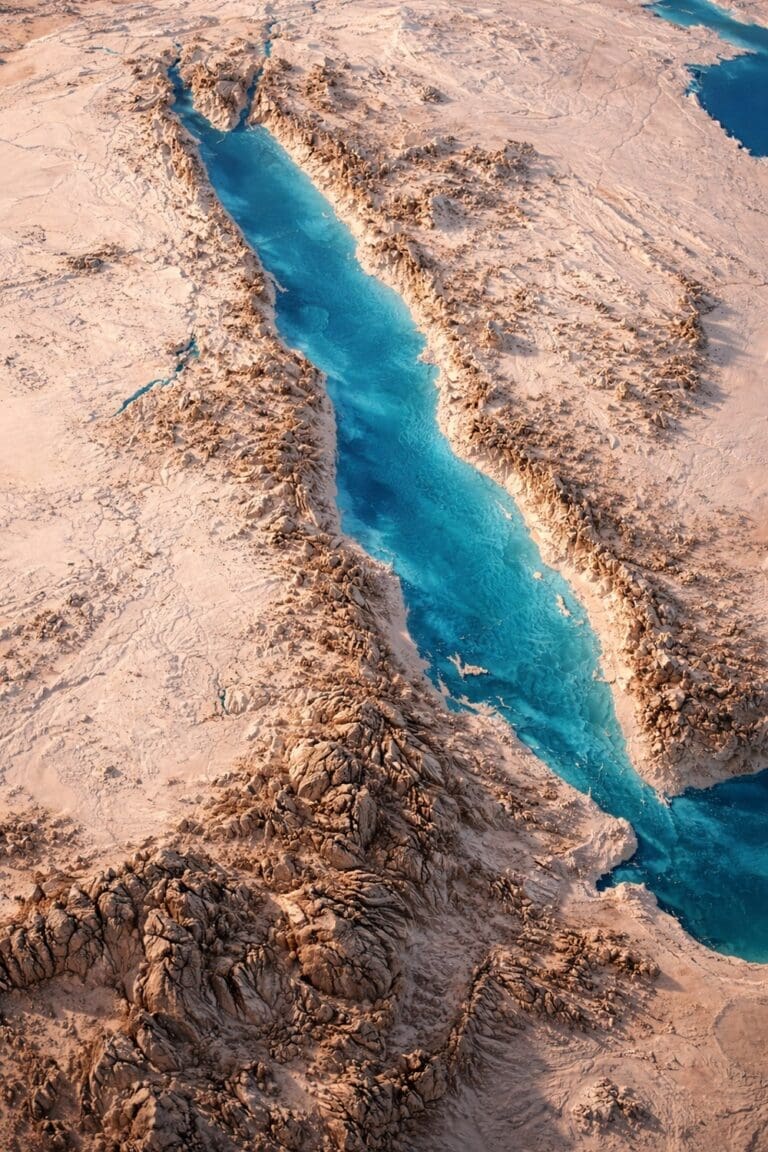
This volume brings together leading regional experts and policymakers from the Middle East and the Horn of Africa to provide the first integrated analysis of Red Sea geopolitics. Combining security, economic, and socio-political perspectives, the contributors offer forward-looking, policy-relevant insights into one of the world’s most strategically contested corridors.
learn more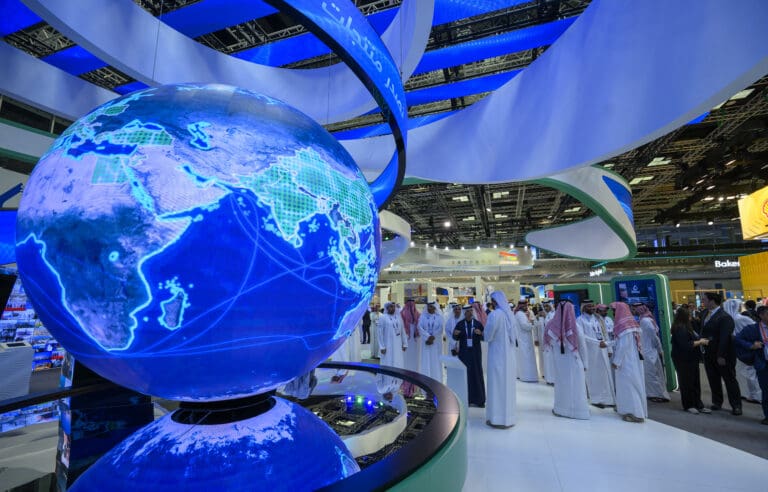
This policy note argues that the Gulf’s bid to recast hydrocarbons as engines of climate-linked industrial growth will falter without a regionally harmonized, legally enforceable climate governance framework.
learn moreEvents
view moreNavigating Uncertainty: Japan–GCC–U.S. Cooperation in an Evolving Middle East Order
learn moreIran at a Crossroads: Will Domestic Unrest Reshape the Region?
learn moreAfkar
view more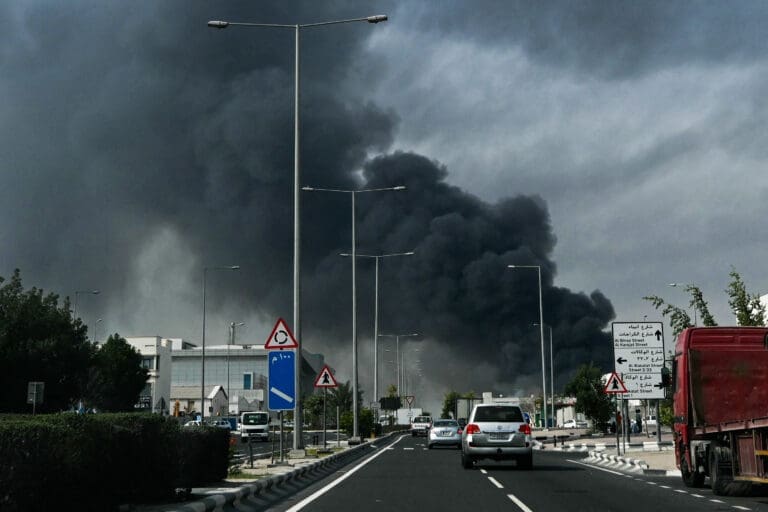
The Iranian leadership made two major strategic mistakes. The first was failing to seize the opportunity to reach an agreement with the United States while the window for negotiations was still open — a step that could have spared the region further tension and instability. The second mistake was targeting the Gulf states, which had… Continue reading Iran’s Regional Gamble and Its Implications for the Future of Gulf Security
learn more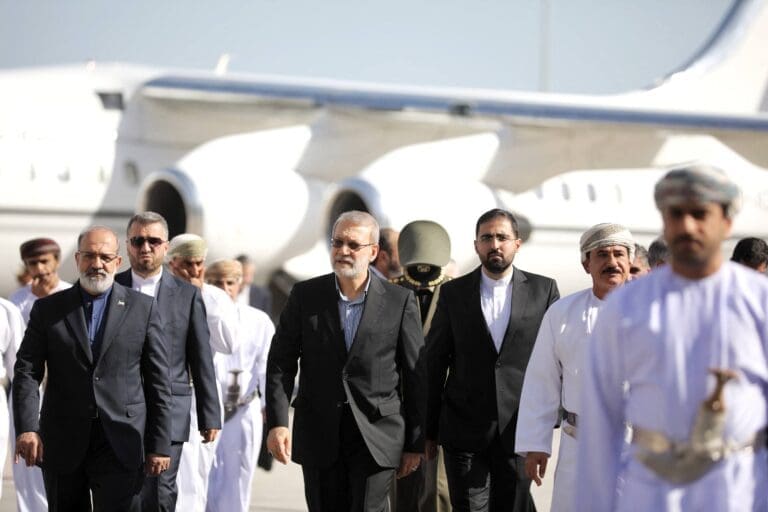
Eight months after the U.S.-backed Israeli war on Iran in June 2025—which ended after an American strike on Iranian nuclear facilities—negotiators convened in Oman to discuss possible avenues for an agreement. The short but intense 12-day conflict triggered a reassessment by Iran’s strategic establishment about the value and limits of diplomatic engagement with Washington. Three conclusions have emerged clearly… Continue reading Iran Signals It Seeks a Resolution, But Is Also Prepared for War
learn more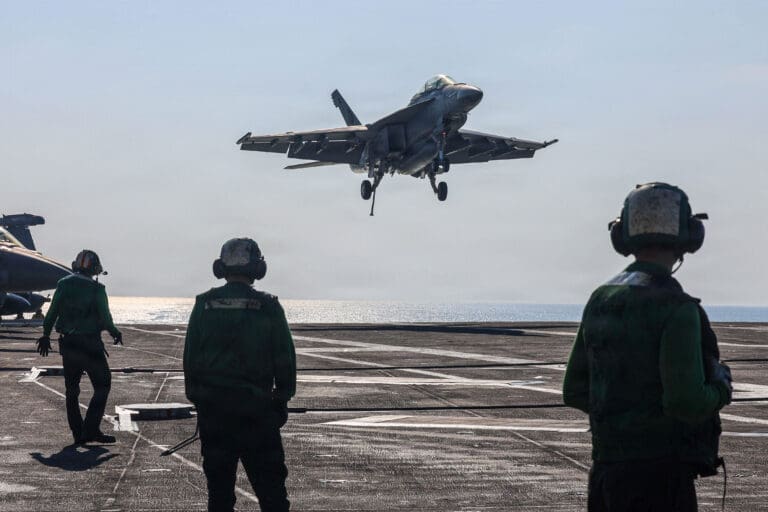
As tensions rise between the United States and Iran, international attention has once again turned toward the Gulf. From maritime security incidents in and around the Strait of Hormuz, to renewed sanctions and nuclear threats, this rising escalation between the two actors exposes the region’s fragility. The Gulf is central to global energy flows… Continue reading Between War and Dialogue: Can a U.S.–Iran Confrontation Be Prevented?
learn more

